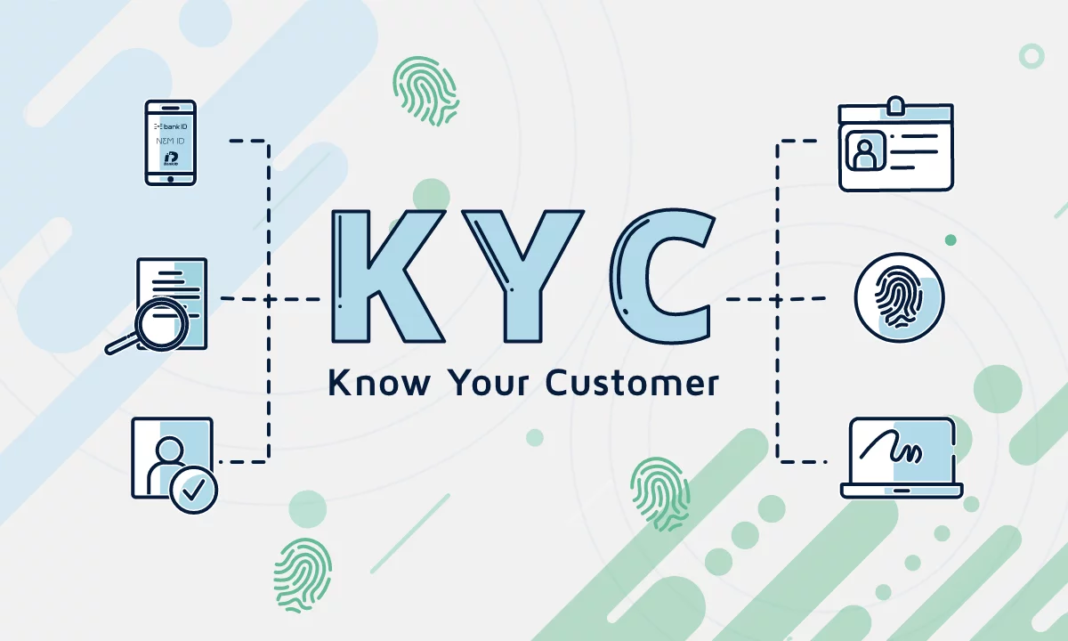In this age of digitization, every business is moving toward online resources. Now companies register new clients remotely and onboard them at long distances through the internet. Inadequate proof of address verification process makes organizations suffer with heavy penalties and reputational damage. A reliable address verification solution is required to protect organizations from fraud. Organizations must adhere to Know Your Customer compliance which provides security measures against identity theft and other prevailing crimes. Address verification is one of the major steps of the KYC process to identify clients’ IDs and bring a seamless client onboarding experience.
Proof of Address-Quick Introduction
Proof of address refers to a set of documents that are used by organizations to acknowledge the current address of their clients. Many organizations offer online services such as e-commerce businesses like Amazon, Alibaba Express, and Walmart. All such online dealing stores require authentic address verification solutions to avoid every inconvenience. Many imposters use fake documents and obtain deliveries. Many companies suffer from reputational damages for complications that occur due to weak address verification methods. Moreover, various documents such as utility bills are required during the online registration process or account opening for remote orders. Banks require proof of address verification to acknowledge their clients and overcome the issues of money laundering.
Why Do Businesses Need To Verify The Addresses of Clients?
Address verification is an important step of the customer identification program. It makes organizations closer to enhanced KYC processing and helps firms avoid complications. Every industry has to adhere to regulations designed by the government for anti-money laundering (AML) and know-your-customer (KYC) compliance. Financial information requires client address verification to overcome inconvenience. It facilitates organizations to deter bad actors and protect themselves from prevailing fraud. Address validation is very important to secure complexities, particularly in organizations that perform online delivery of various producers.
Proof of Address Documents
Several ID documents have mentioned addresses on them but still organizations require other documents to verify clients’ authenticity. They use various documents to identify the addresses of individuals. Commonly used proof of address documents may include;
- Any recent utility bill which may include gas, electricity, water, or cable.
- Any recent bank statement.
- Driver Licenses
- Statements from well-recognized financial institutions
- Any lease agreement.
- Entitlement to benefit letters such as income support, universal credit, or job seeker allowance.
All the above documents must be recent to provide accuracy of data and enable organizations to trust the limitation of provided information. Proof of address documents may vary as per the organization’s regulations.
How To Check Proof Of Address Of a Client?
Proof of address allows both manual and digital verification processes. Many organizations use digital methods as they allow automated solutions and enhance user experience. It comprises digital scanners which are used to verify the legitimacy of provided proof. This process utilizes AI-powered robust mechanisms and provides reliable results in overcoming fraudulent activities. For manual processes, organizations require multiple hiring to inspect the documents for common patterns of variation which may include graphic editing.
Some proof of address verification documents lack security markings and specific stamps which can be detected in the case of forged and tempered papers. Many documents require additional checks which can only be there in an automated digital address verification solution.
Many government-issued documents have specific signatures, paper quality, stamps, and other specificities. Organizations verify documents based on various features.
Nowadays, with the rise in digitalization, imposters are more active in generating fake documents for address verification. This documentation cannot be identified by the human eye and requires digital verification methods. Many imposters may alter their address after verification, the KYC process is required for ongoing monitoring. It enables firms to have an eye over clients’ activity. Furthermore, reliable proof of address verification is very important to identify the legitimacy of an individual.
Read More: How to Ensure Fraud Prevention with Business Verification?
Final Words
Proof of address is one of the major documents in the KYC process. It enables financial institutions to safeguard themselves against money laundering and financial terrorism. Many criminals use tempered papers and try to access organizations for illegal activities. Thus organizations need a reliable address verification solution to combat prevailing ID fraud and corruption. Businesses need proof of address verification solutions to secure their reputation and avoid deadly consequences. Many online stores suffer and fall prey to fraud attempts for weak address verification services. Additionally, it enhances KYC compliance and provides multilayered security against various frauds.
